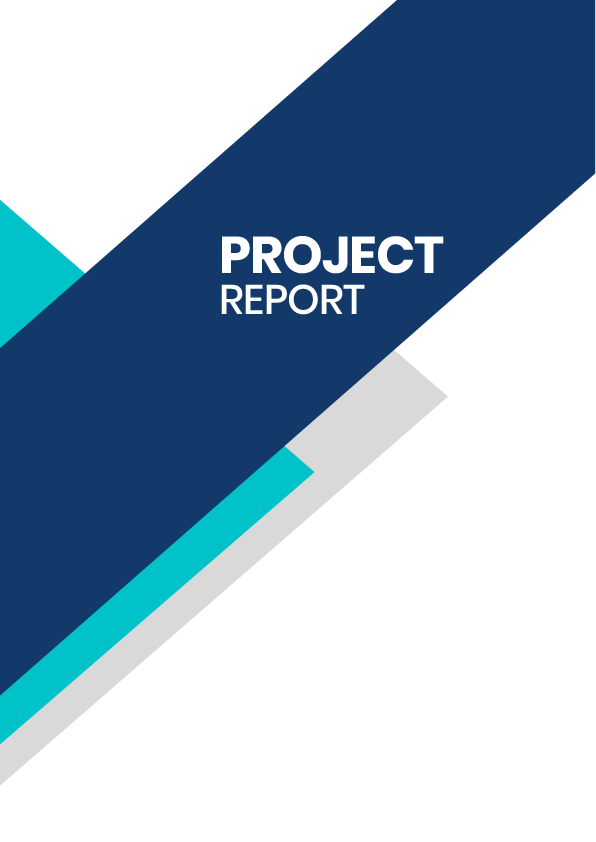Related Keywords
- Tamarind Pulp Powder
- Tamarind Seed Powder
- Tamarind Concentrate
- Tamarind Spice
- इमली पाउडर
- इमली का चूर्ण
Market Potential and Feasibility of Tamarind Powder Business
- Growing Awareness of Natural Foods: You can sell tamarind powder to companies making snacks and sauces, as customers choose healthy, natural ingredients over fake ones.
- Increased Use in Products: Food makers use tamarind powder in spice mixes, instant meals, and health drinks. Medicine companies add it to digestive aids, creating more buyers.
- Domestic and Export Markets: Indian homes and restaurants buy tamarind powder for cooking. You can also send it to countries where tangy flavors are popular, like Southeast Asia.
- Raw Material Availability and Sourcing: You can buy tamarind fruit from farmers in places like Andhra Pradesh and Tamil Nadu, where it grows well. Local markets sell it cheap, so you always have enough.
- Equipment and Machinery Required: You need machines to clean, dry, and grind tamarind into powder. Simple tools like dryers and grinders fit in a small factory and don’t cost much.
- Infrastructure, Packaging, and Manpower Needs: You can set up a small factory with a few workers to pack powder in bags. Good packaging keeps the powder fresh and attracts buyers.
- Regulatory Compliance and Quality Standards: You need a food safety license and must follow rules to keep your powder clean. Testing it ensures customers trust your product.
Benefits, Profitability, and Business Scope for Entrepreneurs
- Low Initial Investment with High Return Potential: You can start with a small amount of money for machines and a factory. Selling powder to food companies brings in good profits quickly.
- Less Competition in Niche Market: Few businesses focus on tamarind powder, so you can stand out easily. You face less challenges from big companies in this special market.
- Scope for Brand-Building and Regional Expansion: You can create your own brand name and sell across nearby cities. Growing your business to other states is simple as demand rises.
- Cost Breakdown: You spend money on tamarind fruit, workers, bags for packing, and shipping to stores. Keeping costs low by buying local fruit helps you save more.
- Expected Profit Margins: Small factories make decent profits selling powder to local shops. Bigger factories selling to big food brands or other countries earn even more.
- Seasonal and Year-Round Demand Benefits: You can sell tamarind powder all year, as people cook with it daily. During festivals, demand grows for snacks, boosting your sales.
Take the Best Project Report for Tamarind Powder from Us!

Need expert service?
Please send a WhatsApp message to us, and our team of experts will guide you in creating a project report for bank loan.
Create Your own project report in less than 10 mins.
- Unlimited edits
- Unlimited downloads
- Up to 10 years of projections
- 20+ pages

Frequently asked questions
Everything you need to know about the product and billing.
Finline is an online tool for creating a project report for bank loan online and see the report for free online. You only need to pay for downloading the report.
Can I change my plan later?
Yes , ofcourse you can upgrade from a lite plan to a pro at anytime.
Can I edit the report after download ? is it chargeable?
You can do unlimited edits even after download without any extra payment.
What is the ‘lite’ and ‘pro’ plan ? Is it subscription based plans?
Lite and Pro are just individual report download plans , not subscription plans.
Do I require a CA seal & Stamp for getting a loan?
Not at all, project report is a business plan about your business and it should be prepared by an entrepreneur . Nobody can predict and certify a business which is going to happen in the future.
Can I get any assistance from your team?
Yes of course, you can go to the help section in all pages were you can find chat button for seeking support.
Can I get a project report format for bank loan through Finline?
Yes! Finline provides a ready-to-use project report format for bank loan. You can create it online, see it for free, and download it instantly for your loan application. This makes your project report format for loan easy to complete in just a few steps.
Do you provide a project report format for bank loan in excel?
Yes. Finline offers a project report format for bank loan in excel that is easy to edit and customize. You can also download a project report format for loan in excel if you prefer working offline.